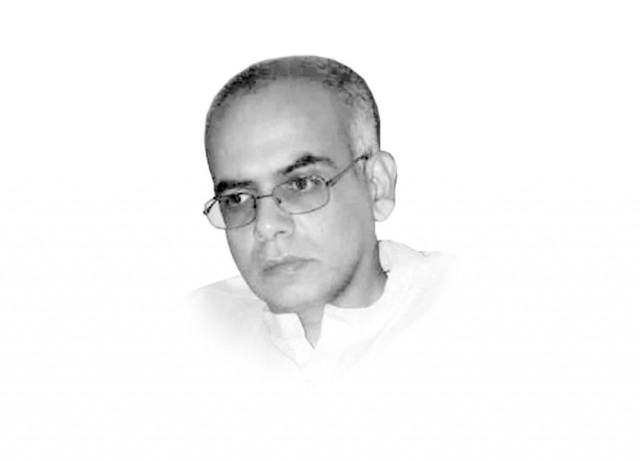The unravelling disaster
Sudden and severe monsoon floods have wreaked havoc on the lives of millions of people across Pakistan.

Recently created disaster management structures within the country have proven inadequate to deal with the scale of the disaster, which has inundated towns and villages, destroyed infrastructure, perished livestock, spoilt crops and further dampened the overall prospects of growth. Pakistan was already in the grip of growing food insecurity, sluggish growth and a precarious security situation. This calamity will only make matters worse.
Clearly Pakistan needs all the support it can muster to contend with the present challenges. Despite this fact, a UN spokesperson recently admitted that there seems to be some sort of an image deficit concerning Pakistan amidst the western public and policy-makers. Perhaps this explains why earlier aid pledges made to the country had not been materialising either. However, the sheer scale of the natural disaster, combined with the threat of militants making a comeback in Swat or further inroads in southern Punjab and elsewhere, has led to aid pouring in.
The PML-N and PPP have agreed to set up a time-bound commission comprised of members from across the country to facilitate collection, management and distribution of relief funds. This decision aims to put civilians at the helm of relief and reconstruction. If other political parties can put their differences aside as well, it should help preventing unproductive mud-slinging and unnecessary politicisation of the disaster management process.
But can our politicians really set aside the compulsion to satisfy their own constituencies, and resisting chastising their opponents during the current relief but the more long-term reconstruction phase? Whether the proposed commission is able to avoid charges of misuse and misappropriation levied once aid was collected in the aftermath of October 2005 earthquake also remains to be seen.
The fear of flood funds not reaching those most in need is justified. What measures will be taken to prevent locally powerful landlords from monopolising aid coming into local communities? Answering this question in particular is very important in view of the earthquake reconstruction experience where multitudes of poor sharecroppers were compelled to use their compensation grants to reconstruct homes on properties owned by landlords.
Nadra is about to commence registration of victims across the 74 flood-hit districts of the country to facilitate transparent compensations. But what measures have been taken to deal with poor marginalised people without identity cards, or with the identification errors, which delayed compensation after the 2005 earthquake, the 2007 costal floods and the recent internally displaced persons’ crisis?
Punjab has announced plans to levy a Flood Cess Tax. Other provinces may soon do the same. Needless to say the brunt of this tax should be placed on under-taxed and un-taxed free-riders, instead of the ordinary citizens.
The proposed diversion of development funds to contend with the flood damage may also be necessary, particularly if sufficient donor aid does not materialise. It is however possible that the rehabilitation be undertaken in a manner that it actually leads to raising the overall development standard of the flood-hit areas. Yet this will require judicious and efficient use of public funds, which unfortunately has thus far remained a tall order for our country.
Published in The Express Tribune, August 19th, 2010.















COMMENTS
Comments are moderated and generally will be posted if they are on-topic and not abusive.
For more information, please see our Comments FAQ